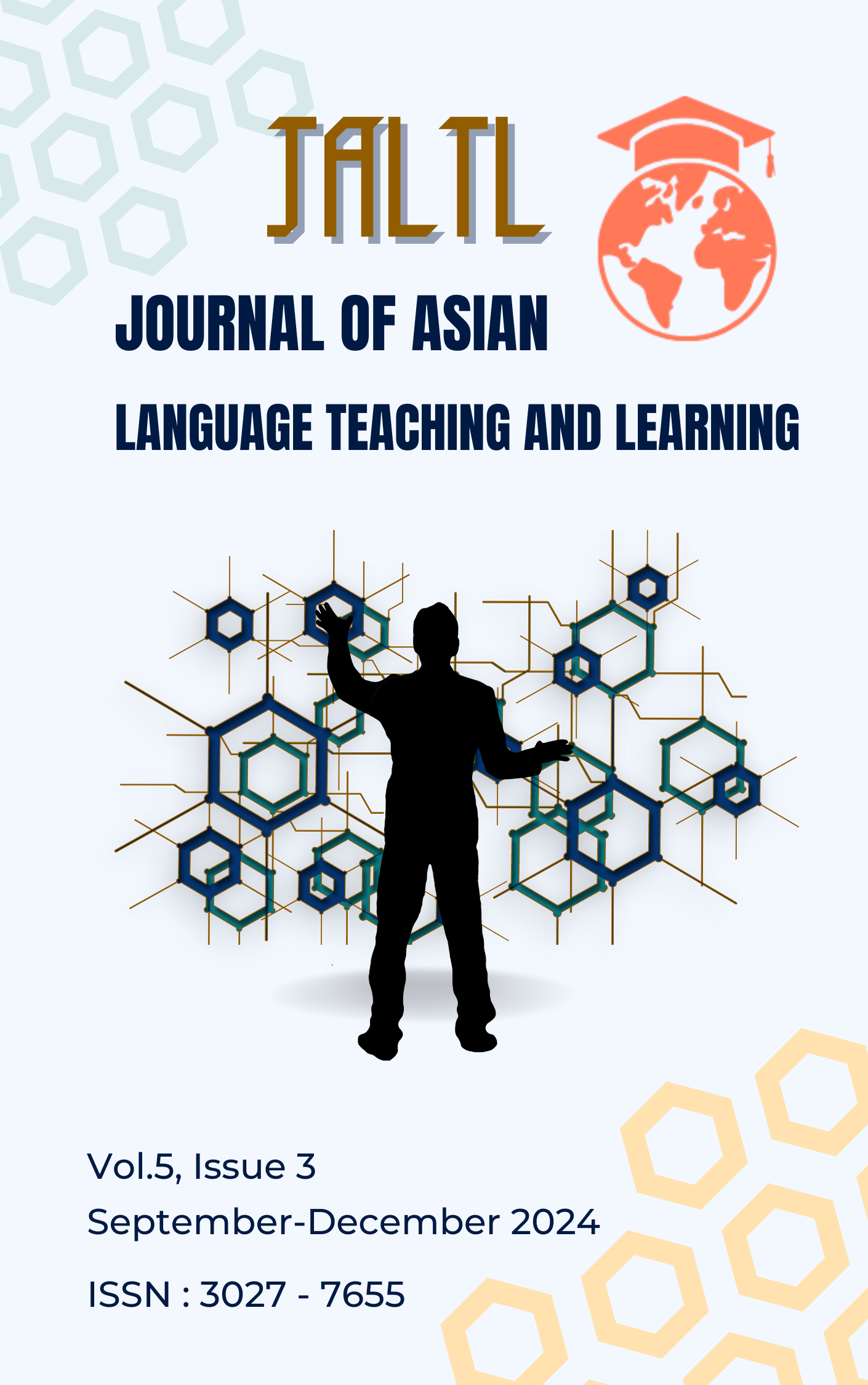The Four Iddhipada – Based English Speaking Instructional System for Students’ Secondary School in Phrae Province
Main Article Content
Abstract
The purposes of this research were 1) To investigate factors of English-speaking in students’ secondary school in Phrae Province. 2) To develop of the Iddhipada Four – based English-speaking instructional system for students’ secondary school in Phrae Province. 3) To experiment the model of the Iddhipada Four – based English-speaking instructional system for students’ secondary school in Phrae Province. And 4) To evaluate the model of the Iddhipada Four – based English-speaking instructional system for students’ secondary school in Phrae Province. This research was Research and Development (R&D). The Quantitative Research, sample group was 203 students in English Program in Phrae Province and Data were analyzed by finding frequency, percentage, mean, Standard Deviation and The Qualitative Research, the key informants were 10 experts’ English teachers, Using In-Depth Interview with key informants, and using content analysis techniques together with context presented in an essay with a frequency distribution table of key informants to support quantitative data. The Research Result;
1) The factors of English-speaking in students’ secondary school in Phrae Province. The analysis of English-Speaking Instructional System for Students’ Secondary School in Phrae Province in total of Instructional process was More ( = 4.05, S.D. = 0.815).
2) The development of the Iddhipada Four – based English-speaking instructional system for students’ secondary school in Phrae Province. The researcher was developed CAPE model; 1) Contents are the building blocks of instructional systems, providing the substance and order necessary for effective teaching and learning. 2) Activities are fundamental components of educational systems because they are dynamic instruments for grabbing students' attention, confirming knowledge, and promoting involvement. 3) Participation is a fundamental component of educational institutions, functioning as an incentive for active engagement and greater learning. 4) Evaluations are essential for the effectiveness of instructional systems because they provide critical techniques for assessing learning outcomes and directing instructional decisions.
3) An experiment the model of the Iddhipada Four – based English-speaking instructional system for students’ secondary school in Phrae Province. The comparison of English learning achievement by individually found that the comparison of English learning achievement by individually, in differences 139 scores, students did pre-test in total 466 scores, and post-test in total 605 scores. And The comparison of English learning achievement between pre-test and post-test results found that the comparison of English learning achievement between pre-test and post-test results were; The average post-test score is equal to 12.26 and Standard deviation is equal to 1.43. The average pre-test score is equal to 15.92 and Standard deviation is equal to 1.48.
4) An evaluate the model of the Iddhipada Four – based English-speaking instructional system for students’ secondary school in Phrae Province. The analysis of The Four Iddhipada – Based English Speaking Instructional System for Students’ Secondary School in Phrae Province in total of The Four Iddhipada was More ( = 3.93, S.D. = 0.777).
Article Details

This work is licensed under a Creative Commons Attribution-NonCommercial-NoDerivatives 4.0 International License.
References
Ajahn Brahm. (2007). Simply this Moment. Perth: Bodhinyana Monastery, p. 42.
Bailey, K. M. (2005). Practical English language teaching: Speaking. New York: McGraw-Hill, p. 15.
Clark, H. & Clark, V. (1997). Psychology and language. (Hartcourt: Hartcourt Brace Jovanich. Inc. Hemerka. Vacav. Low Speaking Performance in Learners of English. (Masaryk University Brno. Faculty of Education Department of English Language and Literature.
John D. Ireland. (2022). Meghiya Sutta: Meghiya. Retrieved from: https://www.accesstoinsight.org/tipitaka/kn/ud/ud.4.01.irel.html
Jahbel. K. (2017). Factors Affecting Students Speaking Performance at High Schools in Malang. International Journal of English and Education, 6(3), 15.
Kunsang. Erik Pema. (2004). Gateway to Knowledge. Vol. 1 (p. 57). North Atlantic Books.
Ledi Sayadaw. (2007). Bodhipakkhiya Dipani: A Manual of the requisites of Enlightenment. 2nd Edition (p. 92). Kandy: Buddhist Publication Society, Sri Lanka.
Musliadi. (2016). The Teaching Methodology: Task-Based Language Teaching. Aceh-Indonesia: Syiah Kuala University Press, p. 34.
Ñāṇamoli Bhikkhu, & Bhikkhu Bodhi. (2001). The Middle-Length Discourses of the Buddha: A Translation of the Majjhima Nikāya. Boston: Wisdom Publications, p. 32.
Peter Harvey. (1955). The Selfless Mind. Curzon Press, p. 43.
Rhys Davids. T. W., & William Stede. (1921). The Pali Text Society’s Pali–English Dictionary. Chipstead: Pali Text Society, p. 35.
Sanu Mahatthanadull. (2020). Concepts and principles of Buddhism. Teaching document. IBSC: Mahachulalongkornrajavidyalaya University, p. 82.
Underwood, M. (1996). Teaching listening. New York: Longman Inc, p. 72.
Ur, Penny. (1996). A Course in Language Teaching: Practice and Theory. New York: Cambridge University Press, p. 31.
Williams. Monier. (2008). A Sanskrit-English Dictionary. Oxford: Clarendon Press, p. 38.


